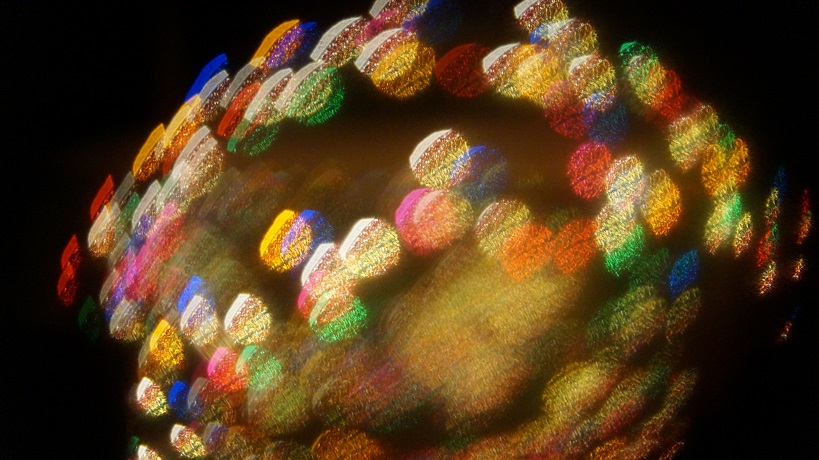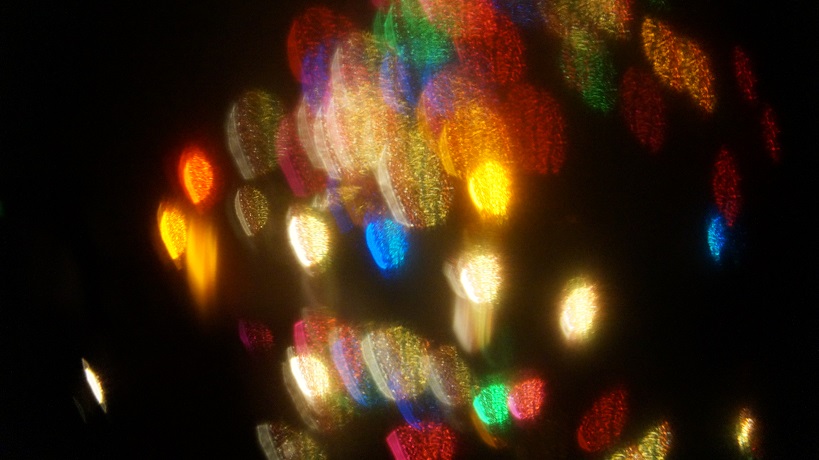
While contemplating the next steps in my study of contradictory abstract nouns, I started reading The Power of the Center: A Study of Composition in the Visual Arts by Rudolf Arnheim, and realized that focusing on composition, both in my images and in my poetry is a logical next step.
Arnheim proposes that there are two compositional systems: the centric and the eccentric. The centric is the self-centered attitude. The eccentric is the recognition that one’s own center is not the only center, and stands for any action directed toward an outer center, and is in turn affected by the outer center.
Arnheim states, “The tension between the two antagonistic tendencies trying to achieve equilibrium is the very spice of human experience, and any artistic statement failing to meet the challenge will strike us as insufficient. Neither total self-centeredness nor total surrender to outer powers can make for an acceptable image of human motivation.”
So Arnheim has set up a dialectic of composition: The centric system gives rise to the eccentric system which is in conflict with it, and the two create tension while trying to come to equilibrium. As he talked more about centric and eccentric systems they seemed to correlate with my ideas of inner and outer control.
Though I’m just beginning to read the book and think about centric and eccentric composition, I was inspired to try something new in the mirrorworld to change my compositions. In December of 2021, I tried making “wreaths of light” by wrapping lights around a metal ring. Today, I wrapped the metal ring in lights and put it in the mirrorworld. I tied it to a bar overhead so it would stand up. I’ve always draped the string-lights between the mirrors, so this changes many aspects of the compositions. The most interesting change is that the wires between the lights are no longer part of the composition.

dVerse Poets Pub
For today’s Poetics prompt, Mish introduced us to the surrealist images of Erik Johansson and asks us to write a poem inspired by one of a selection of his works. For today’s focus, I was most drawn to “Drifting Away.”
Watching the Others Drifting Along
That explains a lot, really—
It’s the waves (in the dip between the crests)
that lull us into believing the fluffy clouds are harmless
the crows cawing as they chase past the steeple carry no omen
the open barn doors only invite the cattle home
not to slaughter, not to ruin
It’s so easy to forget the bottle will soon be tossed
the upheaval will arrive
Outside the glass, the eccentric, the other center
pushes and pulls, cycles and swirls, always
But in that lull, when the sun hits just right
the water splashed and dripping could be
a refreshing rain, not the evidence
that I am only in a bigger bottle.
What an intriguing interpretation, Maria!
LikeLiked by 1 person
Thank you.
LikeLiked by 1 person
You are welcome.
LikeLike
We chose the same image but I love your interpretation. That last stanza hits deeply. Thank you.
LikeLiked by 1 person
A thought-provoking piece. I really like where you took this to a much deeper level using perspective and so many interesting analogies.
LikeLiked by 1 person
Thank you, Mish. I checked out the book, Surrealist Painters and Poets edited by Mary Ann Caws, from the library a while ago. Your prompt rekindled my interest in reading it.
LikeLiked by 1 person
I enjoyed your poem, Maria, and the thought of lives in bottles. I especially love the lines:
;It’s the waves (in the dip between the crests)
that lull us into believing the fluffy clouds are harmless’
and
‘…in that lull, when the sun hits just right
the water splashed and dripping could be
a refreshing rain, not the evidence
that I am only in a bigger bottle.’
LikeLiked by 1 person
Thank you.
LikeLiked by 1 person
You’re more than welcome, Maria!
LikeLiked by 1 person